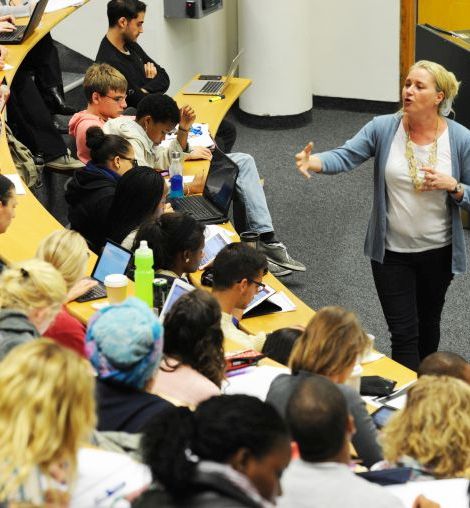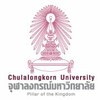Master
Structure of the Master Programme:
The GSP builds its curriculum upon two dimensions which both widen and deepen the academic training of the students. On one level, students reflect upon globalization processes, their meaning, causes and consequences through four modules. Each module sheds light on different theoretical and empirical aspects of globalisation, stemming from different fields of the Social Sciences. This contributes to the systematic analysis of globalisation within a rich, cross-disciplinary framework.
On another level, these four modules are integrated with the different approaches and views on globalisation from five campuses: University of Freiburg (Freiburg), Chulalongkorn University (Bangkok), FLACSO Argentina (Buenos Aires), Jawaharlal Nehru University (New Delhi) and University of Cape Town (Cape Town). The programme thereby creates space for comparative and dialogical forms of scientific inquiry and academic cooperation. In this way, the GSP deals not only with the current social science research agenda worldwide, but also bridges the gap between academic inquiry and the contemporary real world by sending the students abroad.
Consequently, the transdisciplinary coherence of the Global Studies Programme does not arise from a misunderstood interdisciplinary dialogue between different social scientific subjects. On the contrary, unlike a neokantian understanding of the social sciences would suppose, it rather comes from a realist understanding of the selected real objects of research which are the conflictual cultural and societal experiences of globalisation processes in different world regions:
 Processes of globalisation which appear in different conceptual maps seen from the North, the South and the East (module 1: Globalisation)
Processes of globalisation which appear in different conceptual maps seen from the North, the South and the East (module 1: Globalisation)- Structures and institutions of a hierarchical world-system whose macrodynamics generate the scope for decentralised actors and structures of action (module 2: Global Governance)
- Scientific and everyday world views and identities in which violent ethnic, political and religious answers to cultural or economic homogenisation and geographical distribution are mirrored, as well as the search for a fair world order (module 3: Cultural Change)
- Interdisciplinary mixed methods of inquiry which are required to decode these processes (4: Methodology)
Further information:
Time Table
Here you can download an information document (pdf-file) about the chronological schedule of the Master Curriculum.
Module Structure
For further information regarding the structure of the programme and a clearly arranged module structure, please download our information document (pdf-file).
Costs & Fees
For an overview of the estimated Costs & Fees, please download this document (pfd-file).
Overview of available scholarships
Here you can find an overview of available scholarships from German organisations for studying in Germany and abroad (pdf-file). Unfortunately, we are not able to provide any scholarships ourselves.
Description of the semesters at each university
For more details on the semesters at each location, take a look at these sub-sections of the website: University of Freiburg, University of Cape Town, FLACSO Argentina, Jawaharlal Nehru University, and Chulalongkorn University.





